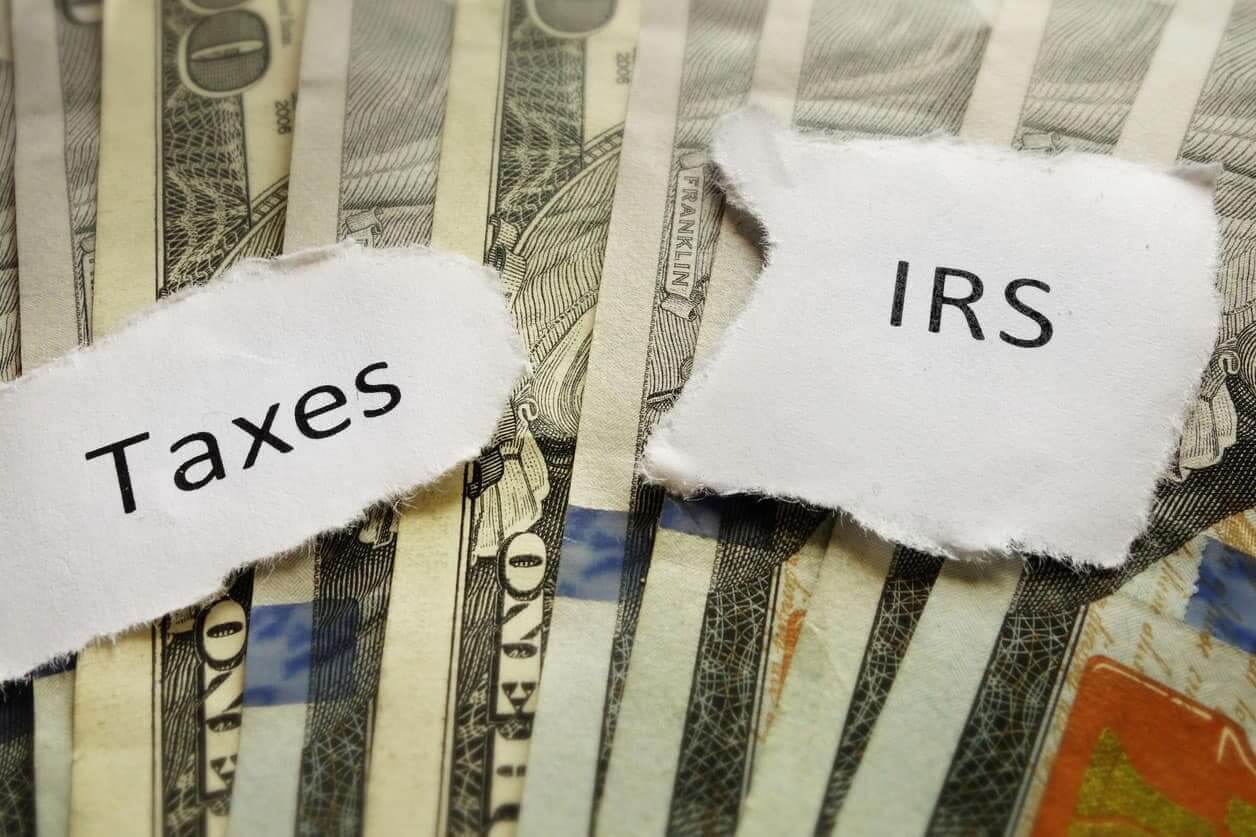
It is possible that you may be wondering, “Why did the IRS reduce my refund?” If your refund is less than you expected, you are not alone. Many taxpayers are anxious and stressed when they receive unexpected news. The good news is that the Internal Revenue Service doesn’t have to hold onto all that money for you. There are several possible reasons for your reduced refund. The IRS is under no obligation to cut your refund, but it may be the best option for you.
There might be several reasons that IRS reduced your refund
Taxpayers should know that the IRS may lower their refunds for various reasons. Sometimes the IRS is able to deduct the debt from a refund. Other times, the refund is reduced by the Financial Management Service (FMS). In such cases, the IRS will issue a check to the taxpayer and use the remainder to pay the debt. In these situations, it’s best to contact a tax professional and discuss your options.
If you don’t have a financial hardship or if you’ve been unemployed for several years, you might have another reason for your refund to be lower than you anticipated. The IRS will cross-reference the information on your tax return against information on their file. If there’s a difference, they will take care of it. The amount of money you reported on your return may not have been accurate. Fortunately, there are other options to increase your refund. If you’ve had a hard time paying your taxes in the past, consider using refund transfer programs to cover your taxes in advance.
The IRS may have made an error in calculating your refund. This is a common scenario, but you should contact the IRS if you find out that you are due extra money. They will send you a letter explaining the difference and will even provide you with instructions. If the IRS has made a mistake, you’ll have to pay back the amount that you received. However, it’s important to remember that any additional money you receive may be subject to interest, so don’t forget to contact the IRS immediately if you think you’re due extra money.
Last year, nearly 58 million Americans received a tax refund. Those who filed early received an average of $3,267, while those who filed later may receive a smaller amount. And others may get more or less money depending on the number of tax credits. For those who are disappointed, there are steps you can take to change your refund.